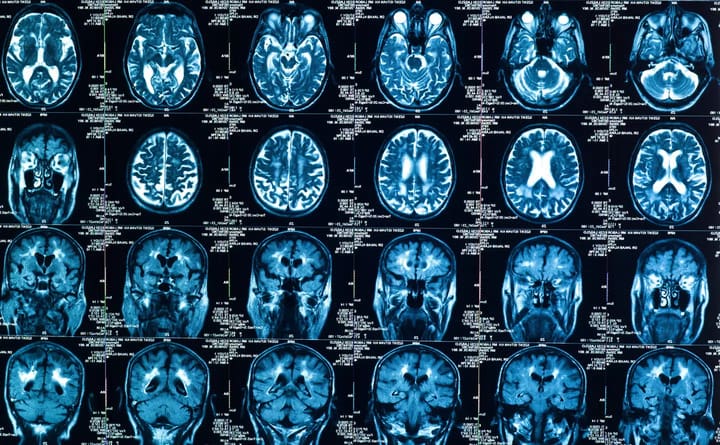
The future of cancer treatment holds the promise of personalized approaches tailored to individual patients’ genetics. However, a significant challenge lies in correlating tumor genetics with treatment outcomes, hindering the ability to customize therapies effectively. Kenneth Kehl, a medical oncologist at the Dana-Farber Cancer Institute, notes the difficulty in predicting treatment benefits based on specific mutations.
To address this challenge, Kehl collaborated on a project to develop a machine learning algorithm capable of extracting valuable information from doctors’ and radiologists’ notes in electronic health records. Published in JAMA Oncology, their tool aims to decipher the progression of cancer in individual patients, potentially facilitating the identification of suitable candidates for clinical trials or targeted interventions.
The tool leverages advancements in machine learning for language processing to extract pertinent details from raw textual data in electronic health records. Remarkably, the machine learning system demonstrated proficiency comparable to human readers, analyzing patient records thousands of times faster than humans.
Kehl envisions the tool’s broader application, suggesting it could systematically screen the health records of entire patient cohorts to identify candidates for clinical trials and match them with optimal treatment options based on their disease characteristics.
While the tool initially relies on human radiologists’ interpretations of scans, recent studies indicate that artificial intelligence can analyze medical images with comparable accuracy. Another study demonstrated an algorithm’s effectiveness in determining whether thyroid nodules warrant biopsies, aligning closely with expert radiologists’ recommendations.
Although AI’s potential in scan analysis shows promise, there’s ongoing research to ensure its seamless integration into medical practice. Kehl emphasizes the importance of integrating AI into routine care, envisioning its role in augmenting clinical workflows across various medical specialties.
In conclusion, artificial intelligence holds significant promise in revolutionizing cancer diagnosis and treatment by streamlining data analysis and enhancing clinical decision-making. As research progresses, AI integration into healthcare systems could optimize patient care and improve treatment outcomes.